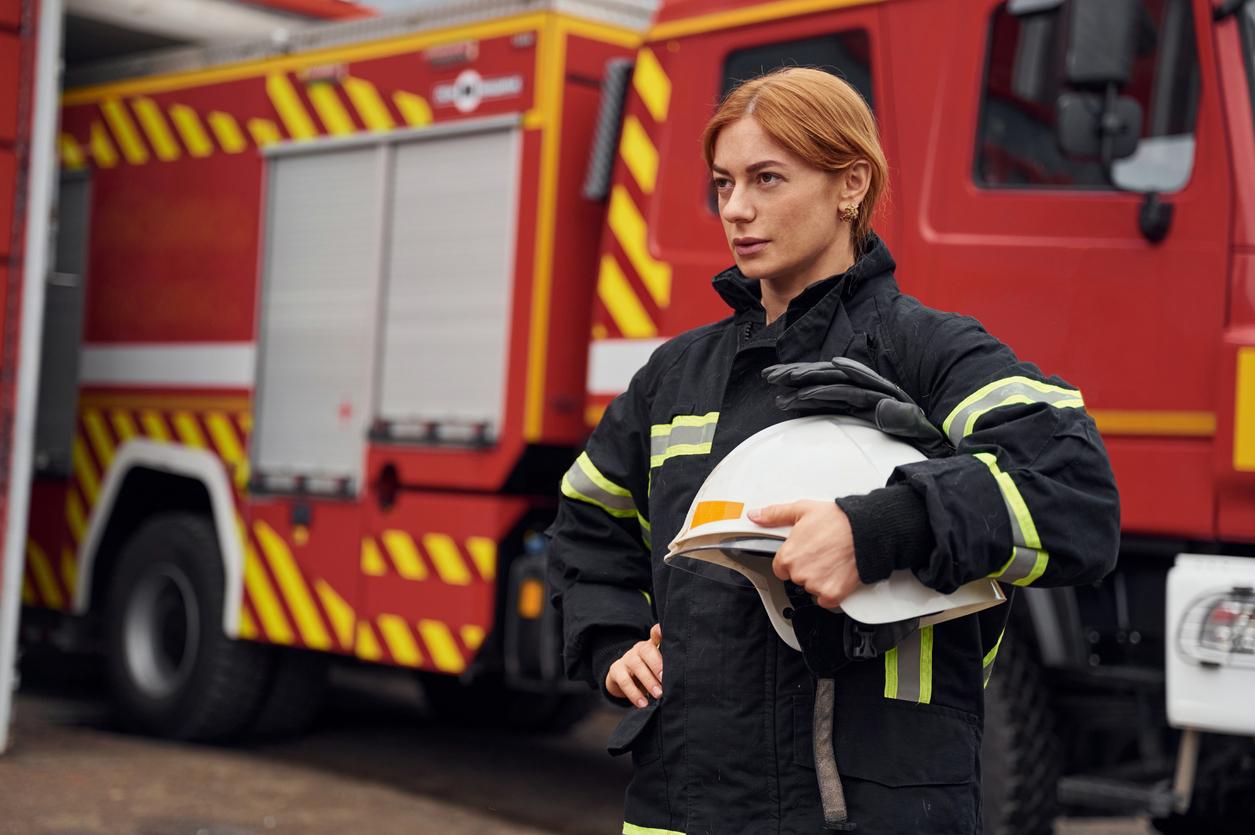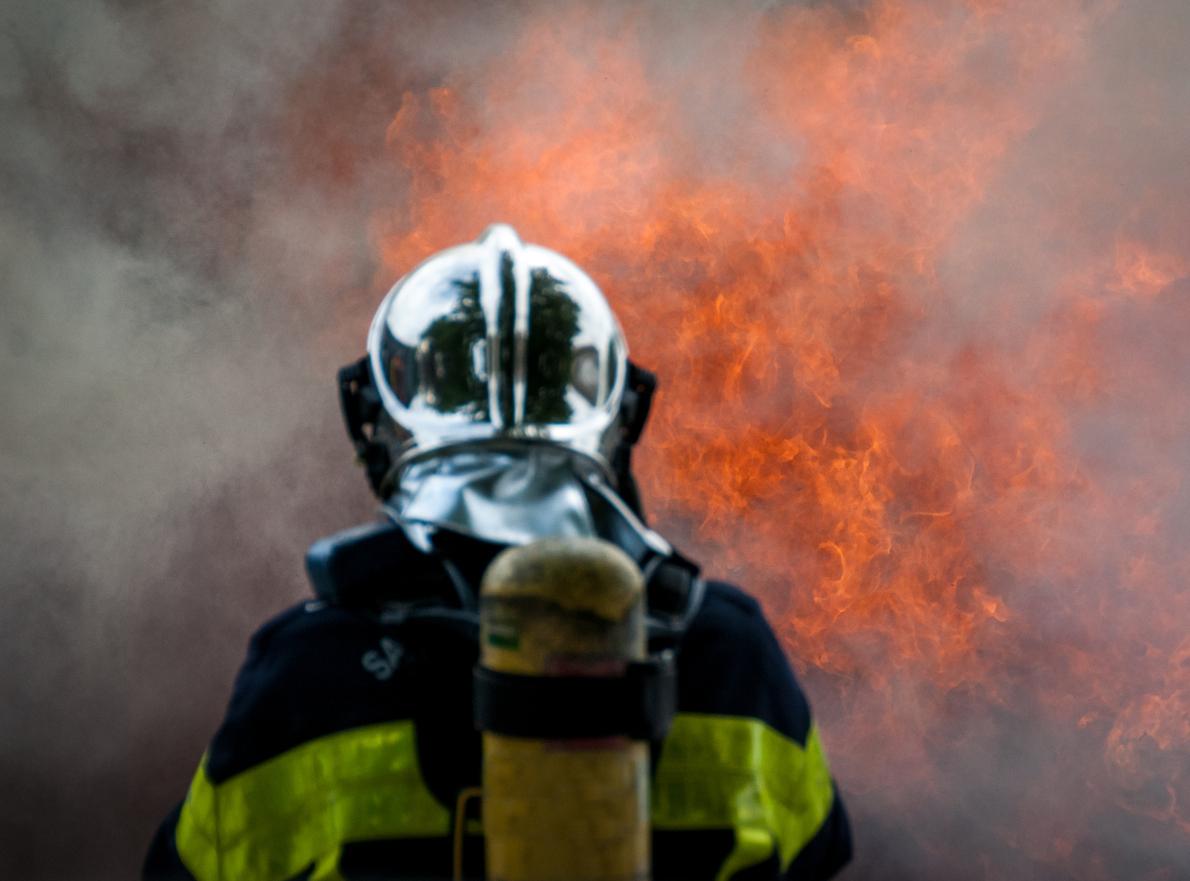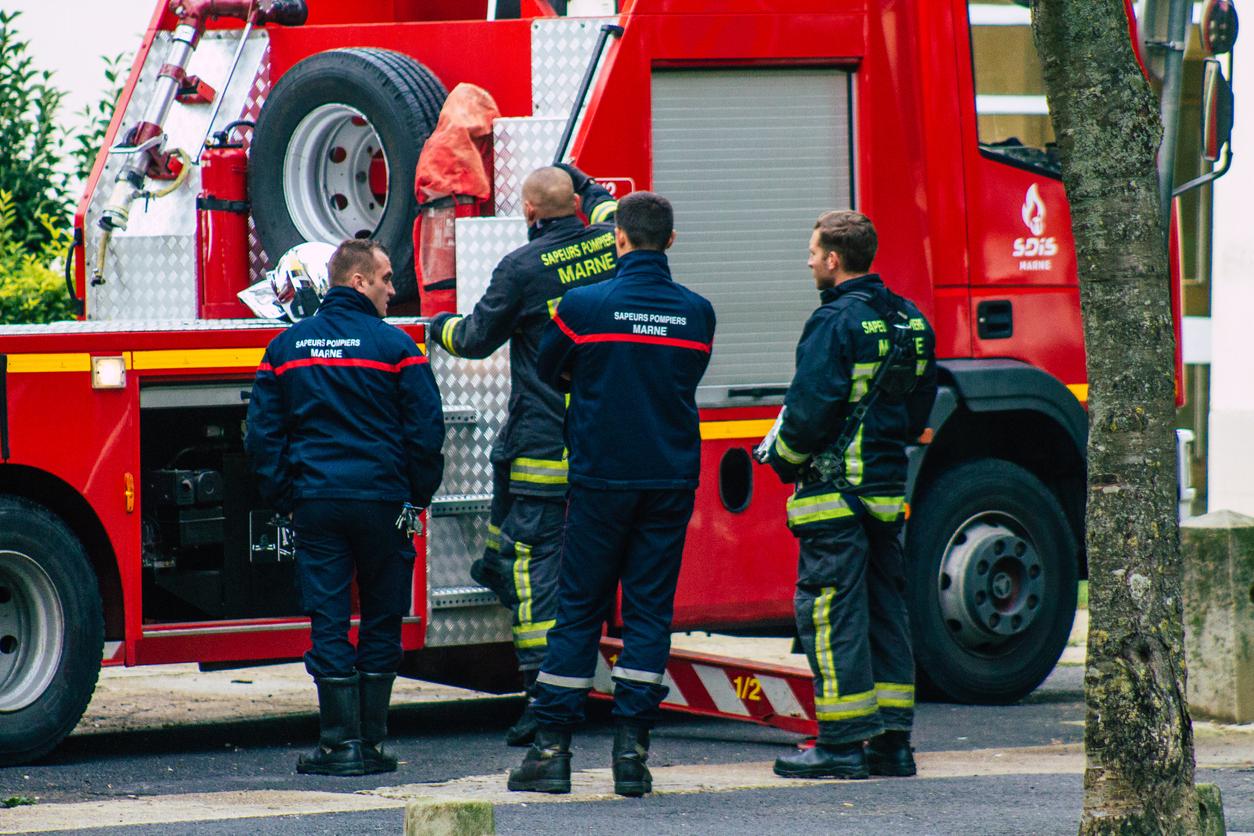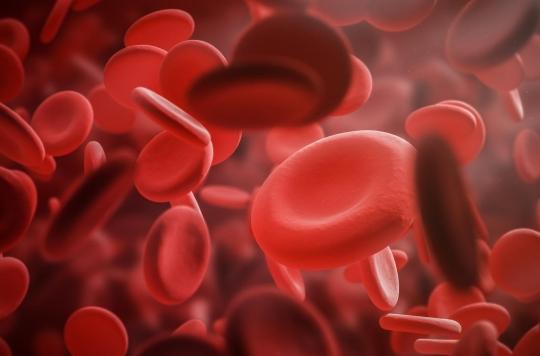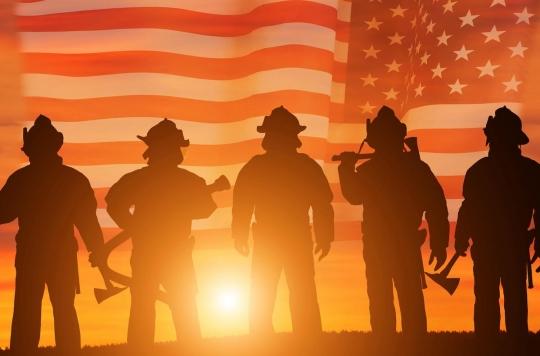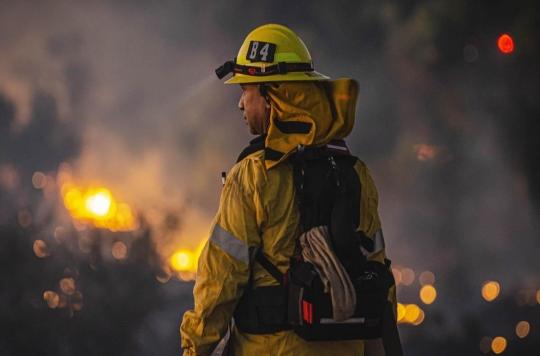Following the establishment in Calvados of billing for non-emergency interventions, emergency physicians denounce a decision that is dangerous for people’s health.

“An unjust, dangerous and ineffective decision”, but also “an unacceptable attack on the fundamental principles of public service”, it is in these terms that the firefighters of the FNSPF (1) and the emergency workers of the AMUF (2) have denounced Wednesday the establishment by the SDIS (3) of Calvados (Normandy) for invoicing non-urgent interventions by firefighters.
Effective from Friday 1er April, this pricing targets 8 types of intervention. Among them, abusive calls with commitment (410 euros), the raising of doubts about the fire alarm (463 euros), the care of people in a state of intoxication (except in case of emergency or insolvency) or home lifting without transport. The last two will be priced at 241 euros.
Prices for certain interventions by Calvados firefighters from April 1
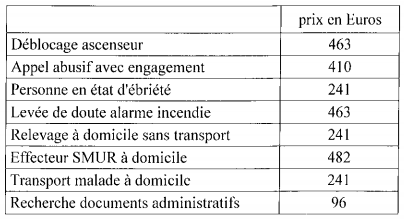
“For each of these interventions, the objective is above all to dissuade the applicant from systematically calling on the firefighters when the situation does not require it”, is it written in a press release.
Case-by-case pricing
Joined by Why actor, Commander Romain Pasqualotti, head of the operations group in Calvados, defends this decision: “We are not at all on a questioning of mandatory and urgent interventions. But today, it is clear that we increasingly use our services for interventions at the limit of our public service mission ”.
In an attempt to extinguish the controversy, this firefighter specifies the “restricted” framework of the interventions soon to be invoiced in the department. “When it comes to home pickups without transport, we sometimes face people calling us almost every day. I have the example of a man who called upon us 36 times in the space of two months, often just to raise his pillow. I believe that this type of request does not require the presence of 3 firefighters ”. In short, “abusive” calls, according to him, which should be billed.
In order to avoid criticism from his colleagues, the Commander nevertheless explains that there will be nothing automatic in the application of these new rules. ” Exceptionally, billing for home liftings will be the last step, and there will be a warning process before, ”he says.
The latter could be done by a letter of formal notice to the person concerned, or to his beneficiaries, when there has been repetitive and abusive recourse to the firefighters. The aim of the maneuver, “to preserve the means for the real emergency, that is to say the fire or the assistance to the person”, concludes Romain Pasqualotti.
A delegation provided for in the law
Despite these precautions, the decision still does not pass on the side of the FNSPF and the AMUF. The two organizations continue to regret that this project goes well beyond the current practices with which firefighters only bill for comfort interventions or private services likely to be provided by companies. An example of these is given to us in Val-d’Oise (95), where this delegation (authorized by law twenty years ago) was set up.
Pierre, firefighter in this department for 6 years, tells. “We often charge for our trips. Mainly for blocked elevators, door openings or destruction of hymenoptera nests (wasps, bees) ”.
But when he intervenes with his colleagues on these missions, “the operator warns the applicant in advance, so that he is aware that it is not free, that before the commitment of resources”, he explains. Then, the head of aggregation, who supervises the intervention, “checks above that the person has understood the conditions”. If this is the case, the invoicing documents are signed, and the maneuvers can start.
And Pierre would even see himself going further. For him, the new measures announced by SDIS 14 are justified: “Is drunkenness a reason for urgency?” Don’t people, unlike an illness, choose to end up in this state themselves? We are not here to pick up people who can not afford their end of the evening, ”he says.
People in danger?
These words, Patrick Hertgen, vice-president of the FNSPFS, will no doubt find it difficult to hear them. He deplores the additional step taken here with, “for the first time, the choice to monetize assistance missions to people in danger”.
Contacted by the editorial staff, this doctor-colonel fears as well as the people concerned, often of modest conditions (elderly, isolated, dependent, in a situation of social precariousness …), henceforth risk of hesitating to call for help, “at the price of risks to their health and even their life ”.
Dr Christophe Prudhomme, spokesperson for the AMUF, drives home the point, recalling that it is not up to the patient to make his own diagnosis and to assess whether there is an emergency or not. “In the vast majority of cases, people don’t call for just anything,” he points out.
The emergency physician at Avicenna Hospital (93) is worried, for example, of an alcoholic patient who would risk ending up in an alcoholic coma, possibly fatal.
Dr Christophe Prudhomme, AMUF spokesperson: ” It’s scandalous. Drunkenness can be considered a disease, it is an addiction taken care of… “
However, the latter said he understood that the budget constraint requires public authorities (State, local authorities, health insurance) “an adaptation of the response and better coordination of the medico-social care of people”, “but this response cannot be in the questioning of the essential principles of solidarity which are the cement of the republican pact and of our coexistence ”, he adds.
And this republican pact, other departments are preparing to touch it. As of May 1, 2016, the SDIS of Meurthe-et-Moselle (54) also plans to charge 260 euros for the transport by firefighters of all drunkenness on public roads, “except vital emergencies”. “This does not affect the principle of free relief because we are here in the case of a substitution in our service”, says Commander Bertrand Lepoutère of SDIS 54. The argument still does not convince Dr. Patrick Hertgen who remains despite everything confident. For him, “the measure is quite simply” inapplicable “, the firefighters in fact do not note the identity of people! “
Dr Patrick Hertgen, vice-president of the FNSPF: ” I don’t know how we’re going to charge for drunkenness… “
(1) National Federation of French Firemen
(2) Association of Emergency Physicians of France
(3) Departmental Fire and Rescue Service
.







